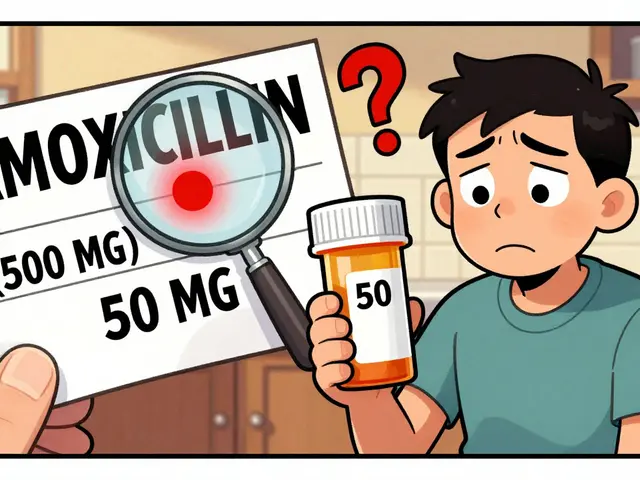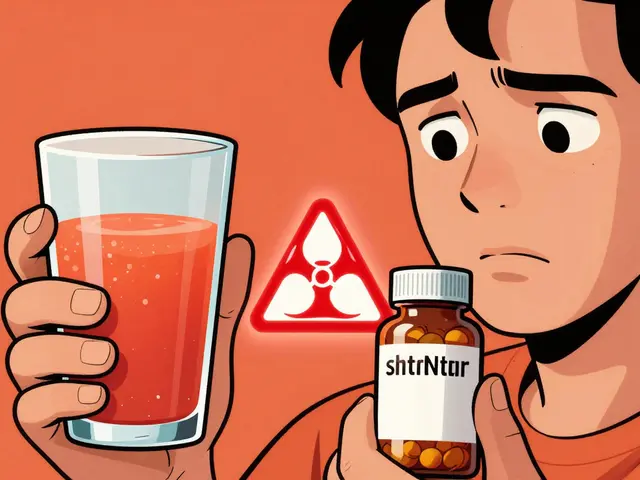Angina Medication Guide: What Works and How to Use It
If you get tightness or pressure in your chest, you’re probably dealing with angina. The good news is that doctors have several medicines that can calm that pain and keep your heart getting enough blood. In this guide we’ll break down the most common drugs, how they should be taken, and safety tips you can start using today.
Common Angina Drugs
First up are nitrate pills and sprays, like nitroglycerin. They work fast—usually within a few minutes—to widen the blood vessels so more blood can flow to the heart. Keep a sublingual tablet or spray in your pocket and use it the moment you feel chest pain. It’s normal to feel a warm flush or a mild headache after it works.
Beta‑blockers are another staple. They slow your heart rate and lower blood pressure, which reduces the heart’s workload. You’ll take them every day, not just when pain starts. Common names you might see are atenolol, metoprolol, or carvedilol. It can take a week or two for the full benefit, so don’t quit if you don’t feel instant relief.
Calcium‑channel blockers, such as amlodipine or diltiazem, relax the muscles in your blood vessel walls. They’re useful if you can’t tolerate beta‑blockers or if you have both angina and high blood pressure. These are also daily pills, and you might notice a slight swelling in your ankles at first.
Long‑acting nitrates, like isosorbide mononitrate, keep your vessels open around the clock. They’re taken once or twice a day and help prevent attacks rather than stop them when they happen. Some people develop tolerance, so doctors often schedule a “drug‑free” night each week.
Using Angina Medication Safely
Timing matters. If you have a nitroglycerin tablet, place it under your tongue, let it dissolve, and wait a few minutes. If the pain isn’t gone, you can take another dose, but never exceed three doses in 15 minutes without calling emergency services. For daily pills, take them exactly as the label says—same time each day, with or without food as instructed.
Watch for side effects. Nitrates can cause dizziness, especially when you stand up fast. To avoid it, sit or lie down before getting up. Beta‑blockers might make you feel unusually tired or cause cold hands. If symptoms get worse, talk to your doctor before stopping the medication.
Never mix angina drugs with certain other medicines without checking first. For example, combining nitrates with erectile‑dysfunction pills (like sildenafil) can cause dangerous drops in blood pressure. Also, avoid heavy alcohol while on these meds because it can magnify dizziness.
Keep a written list of every medication, dosage, and when you take it. Carry a small card in your wallet that says you have angina and lists your emergency meds. If you ever need help, paramedics can read the card and give you the right treatment fast.
Finally, combine medicines with lifestyle changes. Exercise, even a short daily walk, can improve heart health. Cut down on salty foods, quit smoking, and manage stress—these steps let your meds do their job more effectively.
Angina doesn’t have to control your life. Knowing which drugs work, how to use them, and what to watch for puts you back in charge of your heart health. Keep this guide handy, follow your doctor’s plan, and you’ll be better prepared to keep chest pain at bay.


